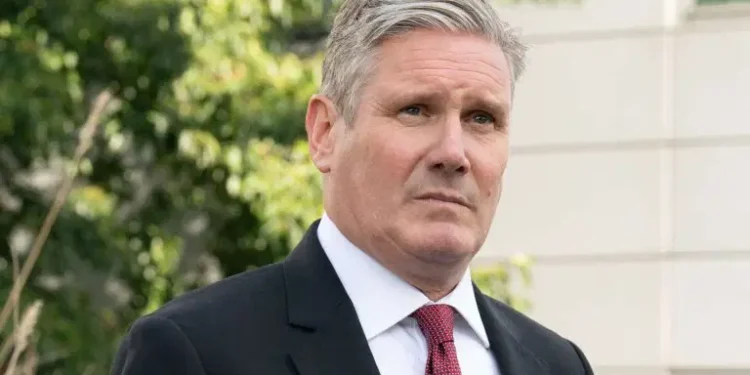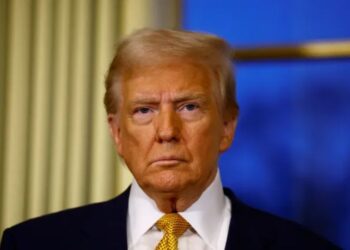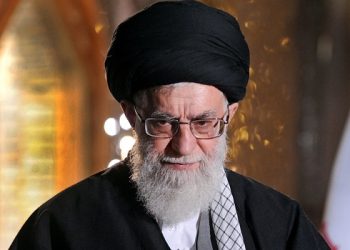The collapse of the prosecution against Christopher Cash and Christopher Berry, two men accused of spying for China under the Official Secrets Act, is far more than a technical legal hiccup. It is a damning indictment of the UK’s incoherent and seemingly contradictory national security strategy, suggesting that the government’s pursuit of closer trade ties with Beijing has fatally compromised its ability to defend the state.
Despite Downing Street’s vehement denials of interference (a claim the Prime Minister’s spokesman insisted was “entirely independently” made by the Crown Prosecution Service (CPS) the evidence points towards a political calculus that rendered the legal process impossible.
The core legal hurdle lies in the Official Secrets Act, which mandates that the transferred information must be “prejudicial to the safety and interests of the state” and useful to an “enemy.” Insiders confirmed the evidential standard was met when charges were laid in April 2024. Therefore, the subsequent decision by the Director of Public Prosecutions, Stephen Parkinson, that the evidence “no longer met the evidential test” implies a deliberate, state-level intervention.

This intervention is highly likely linked to a pivotal meeting, reported by the Sunday Times, where Whitehall officials, including National Security Advisor Jonathan Powell, discussed the trial. At that point, the government’s stated position—reinforced by Labour’s post-election desire to “find pragmatic solutions to complex challenges” and Foreign Secretary David Lammy’s visit to Beijing—described China merely as an “epoch-defining challenge.” This semantic distinction, from ‘enemy’ to ‘challenge,’ is the poison pill. The government’s refusal to allow its own evidence to frame China as an ‘enemy’ in court effectively withdrew the necessary political-legal context to satisfy the Official Secrets Act, thereby ‘spiking’ the CPS’s ability to prosecute. This is not interference in the decision; it is a subtle but devastating withdrawal of the basis for the case.
Why It Matters
Conservative MP Alicia Kearns, a vocal China critic, rightly pointed out the inexplicable nature of the collapse, arguing the government is “putting our national security second” to a desired UK-China relationship reset. This is the key opinion: the governing party, whether Tory or Labour, is actively softening the strategic threat designation of China to facilitate closer UK-China trade ties and boost economic growth.
The price of this economic ‘pragmatism’ is the integrity of the UK’s espionage law and the safety of Parliament itself, a point raised by Commons Speaker Sir Lindsay Hoyle. To let two alleged spies walk free because the government cannot stomach calling their hostile state actor an “enemy” is a devastating failure of political courage.

















